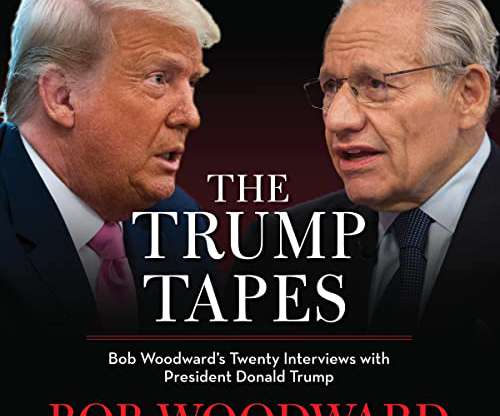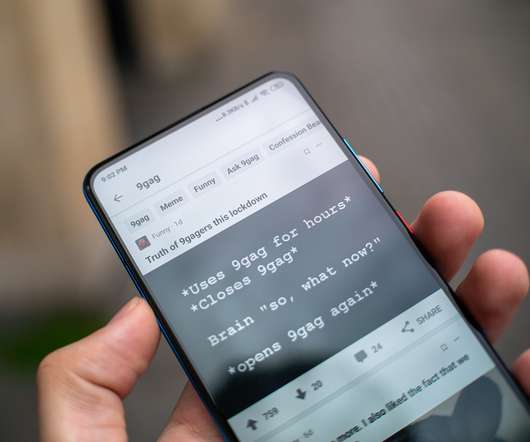AI Generated Art and its conflict with IPR
IIPRD
APRIL 8, 2024
This is a major point of contention in the realm IP laws today whether or not AI can be given the said rights and protections under law. This question even after a broad reading of the Indian Copyright law remains unanswered, demanding an amendment in the present law or more clarity on the same by the way of judicial decisions.












Let's personalize your content